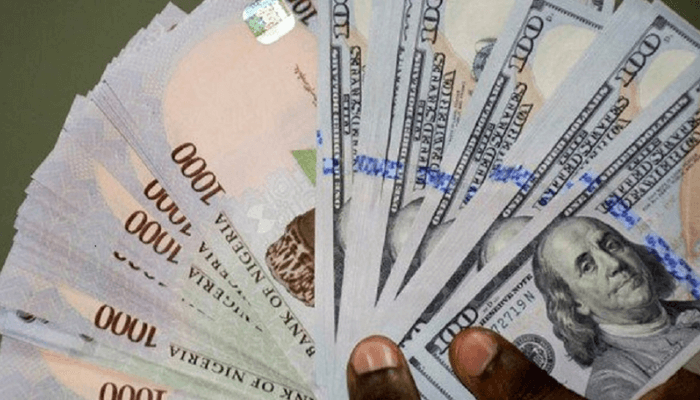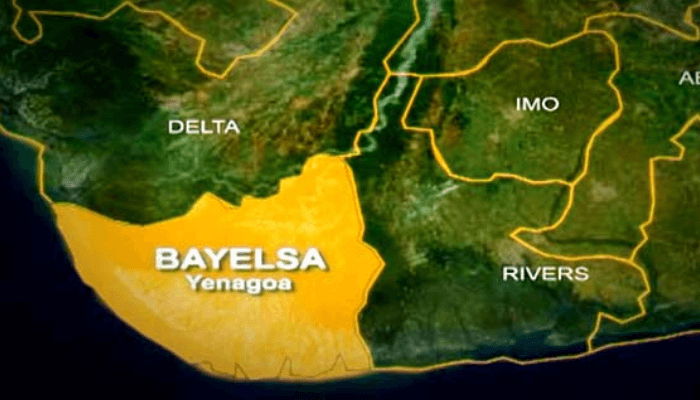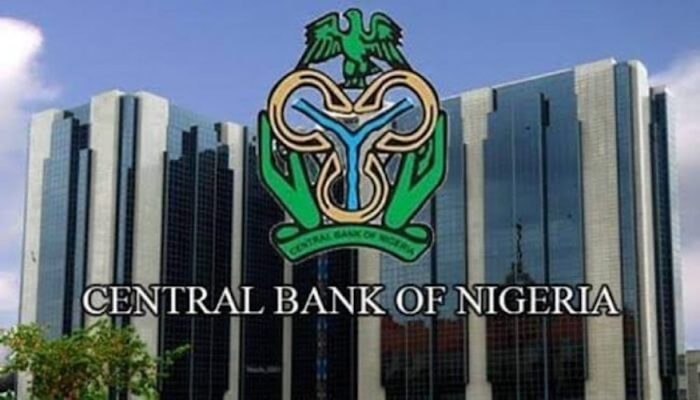The Nigerian naira may face renewed downward pressure in the second half of 2025, economists and financial analysts have warned, citing a combination of persistent foreign exchange (FX) supply shortages, weak oil revenue inflows, and continued monetary policy uncertainty.
Despite moderate stability in the first half of the year, the Central Bank of Nigeria (CBN) continues to battle structural challenges that threaten exchange rate equilibrium. Analysts believe the naira’s current position may be unsustainable without significant external support or policy reforms.
Key Drivers Behind the Forecasted Pressure
One of the main concerns is Nigeria’s dwindling external reserves, which have shown signs of strain due to lower-than-expected oil production and softening global crude prices. Oil, which accounts for over 90% of Nigeria’s export earnings, has failed to deliver the expected fiscal buffer.
“Dollar inflows have been inconsistent, and the backlog of FX demand is growing again,” said Temitope Balogun, head of research at a Lagos-based investment firm. “As we enter H2, pressure will mount unless we see a spike in oil prices or significant capital inflows.”
In addition, ongoing capital repatriation by foreign investors and the rising import bill driven by inflation have further widened the demand-supply gap in the forex market.
Policy Risks Add to Uncertainty
While the CBN has maintained tight monetary policy in a bid to rein in inflation and support the naira, critics argue that policy inconsistency, lack of confidence in the market, and an opaque FX management framework are contributing to volatility.
“The market remains speculative. There’s a lack of clarity from the apex bank, which is spooking investors and fueling parallel market activity,” noted Ngozi Ikenna, an independent macroeconomic analyst.
Impact on Businesses and Consumers
For import-dependent businesses, a weaker naira could mean higher costs in the months ahead. Many have already begun to revise pricing models in anticipation of currency depreciation.
Consumers are also bracing for another round of inflationary pressure, particularly in the food and energy sectors, where prices remain highly sensitive to exchange rate movements.
Outlook: Fragile Stability
While the government has pledged to boost non-oil exports and attract foreign investment, implementation has been slow. Unless bold steps are taken to strengthen FX supply and stabilize monetary policy, the naira may face increasing pressure in the months ahead.










Leave a Reply